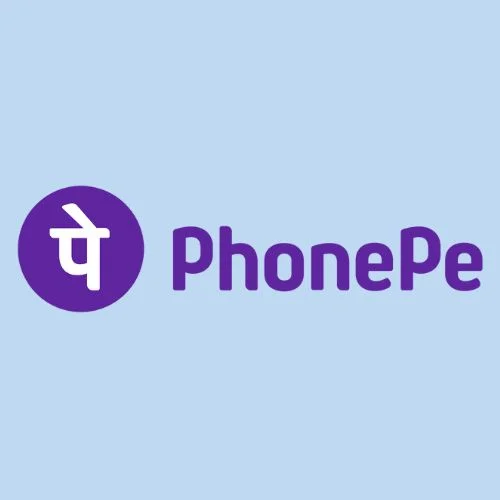With this action, compliance will be further enhanced and revenue collection holes will be filled. At the moment, issuing electronic invoices or e-invoices is necessary if a company’s yearly revenue exceeds Rs 10 crore.

Image@credit-Ecovis
Starting on August 1, companies with a B2B transactional value of over Rs 5 crore will be required to produce an electronic, or e-invoice.
For all B2B transactions, companies must currently generate an electronic invoice if their annual revenue is Rs. 10 crores or above.
The bar for e-invoicing has been lowered, according to a notification from the finance ministry dated May 10. E-invoices for B2B purchases must be raised starting on August 1 by any taxpayer with a revenue threshold of Rs 5 crore or more.
The scope of MSMEs covered by e-invoicing would be enlarged as a result of this news, according to Mahesh Jaising, Partner Leader, Indirect Tax at Deloitte India. MSMEs will now need to put e-invoicing into practice.
“With suppliers who are compliant, there is a proper flow of input tax credits and less turnover regarding credit concerns, so for businesses, e-invoicing is a blessing rather than a curse,” Jaising continued.
A staged adoption of e-invoicing, according to senior partner Rajat Mohan of AMRG & Associates, has decreased disruptions, improved compliance, and generated revenue.
For major businesses with a revenue of more than Rs 500 crore, e-invoicing was initially deployed; however, after three years, the threshold was decreased to Rs 5 crore.
“Including the MSME sector in the e-invoicing regime would benefit the overall business ecosystem by lowering costs, rationalizing errors, ensuring faster invoice processing, and also limiting commercial disputes over time,” Mohan added.
Beginning on October 1, 2020, businesses with a revenue of above Rs 500 crore were required by the Goods and Services Tax (GST) law to use electronic invoicing for business-to-business (B2B) transactions. On January 1, 2021, this requirement was expanded to include businesses with a revenue of over Rs 100 crore.
Beginning on April 1, 2021, businesses with a turnover of more than Rs 50 crore started producing B2B e-invoices. On April 1, 2022, the threshold was reduced to Rs. 20 crore. The threshold was reduced again, this time to Rs. 10 crore, effective October 1, 2022.
According to Saurabh Agarwal, an EY Tax Partner, the industry needs to review its vendor masters and make sure that starting in August 2023, every vendor providing goods or services and exceeding the threshold turnover of Rs 5 crore must issue an electronic invoice in order to avoid any disputes regarding the use of input tax credits (ITC).















